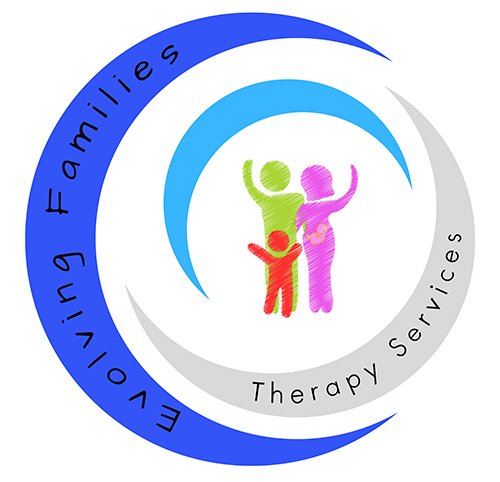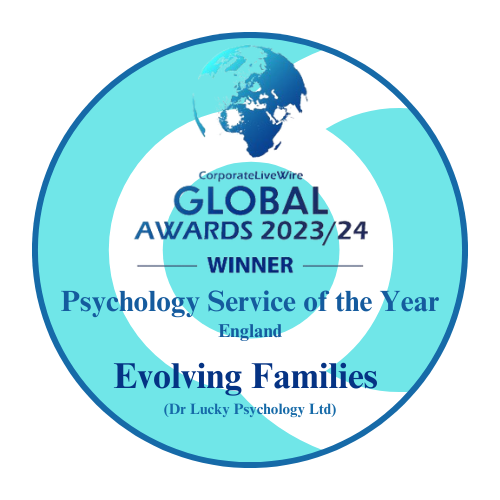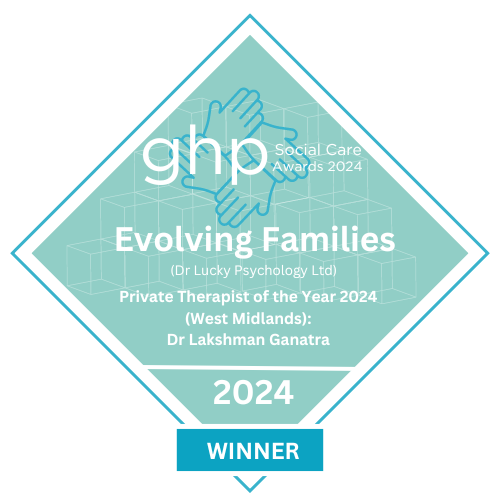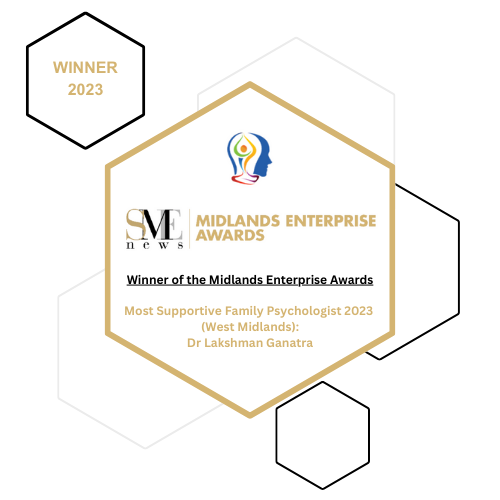Autism Assessments
Autism Spectrum Conditions (ASC) is a broad term used to describe a spectrum of neurodevelopmental conditions. Autism is a lifelong developmental disability which affects the way we communicate, interact and understand the world and others around us. As the name suggest, Autism is on a spectrum and therefore it can be different for everyone depending on the difficulties and symptoms experienced and the severity of these. Some people need little, or no support and others may need help every day.
It is important to recognise that Autism is not an illness. It is a condition that means your brain works in a different way and sometimes this means you need support to help you with certain things. Most importantly, it does not have to stop you living a full and good life. Like all people, you will have your own strengths and weaknesses, but there are a few key characteristics which are most commonly seen including:
- Difficulties with social interaction and communication. This can include things like:
- Taking things literally, or needing extra time to process information
- Struggling to make or maintain friendships, not seeking comfort or understanding appropriate social interactions
- Repetitive or restrictive behaviours such as:
- Keeping to routine or becoming distressed at changes in routine
- Repeating movements or using objects either out of enjoyment or to self soothe
- Experiencing sensitivity to sounds, touch, tastes, smell, light, colours
- Focussed or intense interests and hobbies
- Anxiety
This is not an exhaustive list of symptoms and it is important to know that not everyone will experience the same difficulties. The symptoms are divided into two main categories: problems with communication and social interaction, and restricted or repetitive patterns of behaviour or activities (DSM-5). In order to get a diagnosis, a person must display difficulties in social communication and interaction and have some symptoms in repetitive or restrictive behaviours; all of which must be present across multiple contexts (e.g. home, school, work etc)
We don’t know what causes Autism, but we do know that it is not caused by bad parenting, vaccines, diet or an infection you can spread to others.
What does an Assessment Involve?
If you are concerned you or your child may have Autism, there are a number of methods to assess for Autism. The ‘gold standard’ approach to diagnosing Autism is to have a multi-disciplinary approach (i.e., more than one clinician) to ensure a comprehensive and objective and to use standardised and validated assessment tools. As a result, we have created a comprehensive assessment which reflects this approach. We also offer a ranged of combined and screening assessments where there is uncertainty or complexity about what is the best approach.
To carry out the standard assessment, Evolving Families uses a team based approach as recommended by NICE. This includes at least 2 clincians (3 for children) completing different parts of the assessment. Each of our clinicians are highly specialist in the assessment and support of individuals with Autism. Sometimes, it is important to involve other professionals, depending on the needs of the assessment, this can include a Consultant Psychiatrist, Consultant Paediatrician, Speech and Language Therapist and Occupational Therapist. If it is relevant to include any of these professionals, we work alongside a number of individuals and will discuss this with you during the initial enquiry.
The team explore the history of the difficulties, yours or your child’s personal and developmental history, understand how the symptoms and difficulties impact on you and determine if Autism is the right diagnosis.
We can offer assessments for Adults and Children of all ages (however for younger children, below 6, there may be a different approach).
To read about our assessment, click below...
1. Assessment.
-
Assessment
Where a full ASC assessment is recommended, either through the initial consultation/screening or other advice, we then begin the gold-standard assessment. This involves at least two appointments (one with each clinician) and a third appointment for children.
One appointment is completed with an adult to obtain a comprehensive personal and developmental history (for yourself or your child). Where possible this is with the parent of the individual being assessed. During this appointment we will think about the personal history, development of early years, family experiences and emotional well-being. The appointment will last between 1.5 - 3 hours.
A second appointment will be to carry out a standardised observation using the ADOS-2 assessment tool for your child or other relevant diagnostic tools for adults. These assessments usually involve some short interviews and questions as well as stimulating activities to understand how you or your child sees the world and observe their interactions. This appointment is always in person at our clinic in Sutton Coldfield.
For children, we also conduct a third appointment which is a school based observation. This involves one of our clincians attending your child's school to observe them during a structured lesson as well as unstructured time (e.g., break time). We also interview a relevant school teacher / professional who knows your child best.
Sometimes an additional cognitive assessment of intellectual functioning may be recommended (this will be discussed with you beforehand as it involves additional costs). Where the cognitive assessment or observations are recommended, these will usually be through an additional appointment so that it is not overwhelming and to allow you / your child to feel safe during the process.
Occasionally, it is important to include other professionals such as a Paediatrician, Psychiatrist, Speech and Language Therapist or Occupational Therapist. These will be discussed with you at your first appointment and if appropriate, separate appointments will be arranged to meet with the relevant professionals. We already work with a range of professionals so you do not have to worry about finding another professional as we will arrange this as part of the assessment.
The whole approach is flexible and can be adapted to give plenty of time to build rapport and ensure we are getting an accurate picture.
Professional Discussion
Once the assessments are completed, the clinicians will meet and discuss the assessments. All the information gathered will be carefully considered to come to an understanding of whether ASC is relevant and what is happening for you or your child. Occasionally we may discuss the assessment with a Consultant Psychiatrist or Consultant Paediatrician, even when they are not involved directly with the assessment, to ensure an accurate diagnostic outcome.
2. Feedback, Report and Ongoing support.
-
Feedback, Report and Ongoing support.
Following the assessment, we will arrange a feedback appointment, to go through the outcome of our findings and discuss our understanding of what is going on for you or your child.
Where we are making a diagnosis of ASC, we will explain this to you and your child and make recommendations in regard to strategies or support that might be needed. We can offer post-diagnostic support and will discuss with you how this might be helpful for you or your child. As we work as part of an MDT and with other professionals we can make the appropriate suggests and referrals to ensure you or your child receives the best support.
A comprehensive written report will also be provided following the feedback session which you can share with relevant people. There will be an opportunity to request any amendments to the report where these are factually incorrect.
To find out more about the Autism Assessment packages, please Contact us and we will be happy to provide you with more information and discuss your individual needs.














